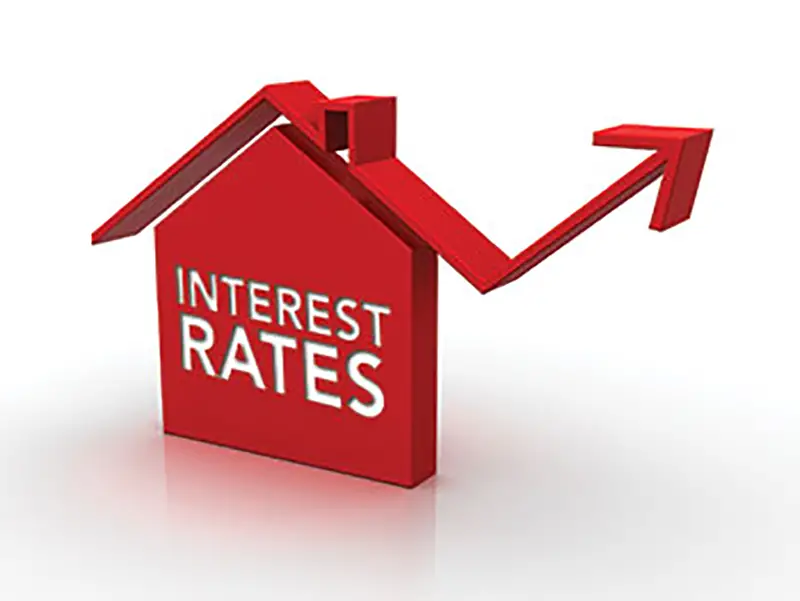The implications of Nigeria’s high interest rates reverberate through various sectors of the economy, impacting businesses, individuals, and overall economic growth. As of date, the country grapples with persistently high-interest rates, creating a complex web of challenges that extend beyond the financial realm.
Nigeria’s current primary rate of 18.75 percent makes it among the highest in the world’s major economies.
For businesses, particularly small and medium enterprises (SMEs), the burden of high interest rates manifests in the form of increased borrowing costs. Access to credit becomes more expensive, stifling the growth and expansion prospects of these enterprises. Entrepreneurs face challenges in financing operational activities, investing in technology, and expanding their market reach, hindering the overall development of the business landscape.
The real estate sector also bears the brunt of elevated interest rates. High mortgage rates make it increasingly difficult for individuals to afford homeownership, limiting the growth of the housing market. Moreover, property developers face hurdles in securing affordable financing for their projects, impeding the construction of new homes and infrastructure.
On the individual level, high interest rates translate into elevated costs for personal loans, credit cards, and other forms of consumer credit. This strains household budgets, limiting disposable income and affecting the overall standard of living. As a result, consumer spending, a key driver of economic activity, experiences a slowdown, contributing to subdued demand in the retail sector.
The impact on investments is profound, as high interest rates often divert funds from productive investments to debt servicing. Investors seeking returns through fixed-income securities may find attractive yields, but this scenario discourages risk-taking in more dynamic and growth-oriented ventures. Consequently, the nation’s capital markets may witness reduced liquidity in equities and a slowdown in new investment projects.
For the government, the burden of servicing its debt increases with high interest rates. A significant portion of the national budget is allocated to debt servicing, limiting the funds available for critical infrastructure development, social programs, and other initiatives aimed at fostering economic growth.
The cyclical nature of these implications creates a feedback loop, where constrained economic activities perpetuate the challenges associated with high interest rates. Breaking free from this cycle requires a comprehensive approach that addresses the root causes, including inflationary pressures, fiscal policies, and the overall economic climate.
Nigeria’s high interest rates cast a shadow over the nation’s economic landscape, affecting businesses, individuals, and the government alike. Mitigating these implications necessitates a concerted effort to address the underlying factors and create an environment conducive to lower interest rates, thereby fostering sustainable economic growth and development.




